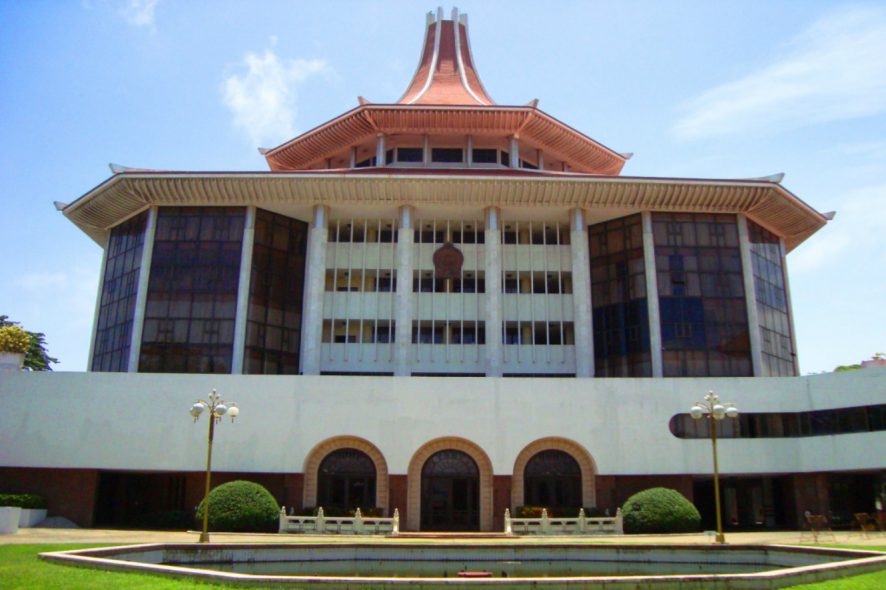Supreme Court of the Democratic Socialist Republic of Sri Lanka: An Application for leave to appeal under and in terms of Article 127 and 128 of the Constitution of the Democratic Socialist Republic of Sri Lanka read with Section 5(c) of the High Court of Provinces (Special Provision) Act, 2006 was entertained by a Full Bench of Buwaneka Aluwihare PC, LTB Dehideniya and S. Thurairaja, JJ.
In the instant application, the question referred was, as to whether the cause of action for malicious prosecution, following the death of the plaintiff abates or whether it is permissible for the plaintiff’s heirs to be substituted in his room and place. A case of malicious prosecution was filed by the plaintiff and the same was dismissed by District Judge, aggrieved by which plaintiff filed an appeal in the High Court during which he passed away. The legal heir of the plaintiff filed an application for substitution as a party to the said suit, to which the respondent raised a preliminary objection on the basis that the cause of action, being an action based on personal nature, cannot survive after the death of the plaintiff.
The respondent contended that petitioners would have been bestowed with the right to be substituted in place of the deceased plaintiff as his legal representatives, only had there been a judgment in favor of the plaintiff at the time of his death, since the action of the plaintiff is an action in personam i.e. a personal action.
The counsel for the petitioners submitted that the action, even though of a personal nature, survives as the stage of litis contestatio had been reached.
As per SriLankan laws Section 392 CPC, “the death of the plaintiff or defendant shall not cause the action to abate if the right to sue on the cause of action survives.” In order to decide whether the petitioners can be substituted in the room and place of the plaintiff, it has to be first determined whether or not the action in question is extinguished by the death of the original plaintiff. Substitution can take place only if the action survives the death of the plaintiff.
The Court, observed that at the time of the plaintiff’s death, apart from the issuing of notices to the Respondents, no further pleadings had taken place in the present Leave to Appeal Application. Therefore, the pleadings that had to be considered for the present purposes are those that took place at the District Court. There is no repugnance in such construction as it is common ground that an Appeal is not an independent action severed from the original action. Further, it was held, “As the exceptional circumstance of litis contestatio has been reached by the conclusion of the pleadings at the District Court, there is no impediment to the survival of the action. Therefore, the right to sue on the cause of action survives, and as such, I hold that the substitution of the deceased Plaintiff Appellant-Petitioner is permissible.”[W.L.M.N. De. Alwis v. Malwatte Valley Plantations Ltd., 2019 SCC OnLine SL SC 7, decided on 21-06-2019]







